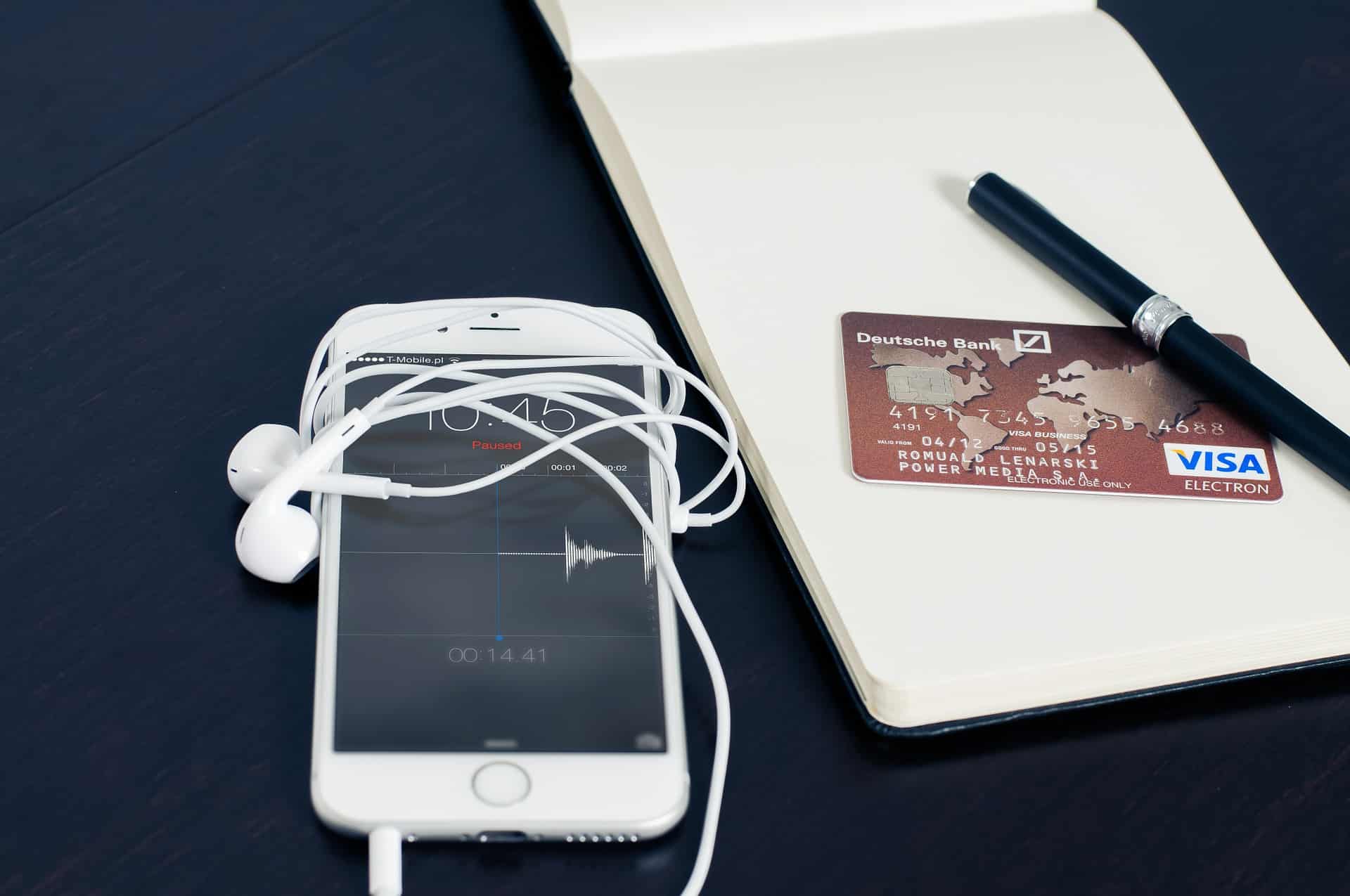Technology has made our lives much easier in a lot of ways, digitalising important documents and keeping things streamlined and efficient. However, with all of the positives it is important we remember to take precautions to ensure the security of our digital assets.
By Meem Memory
There are many precautions a person can take to better protect their digital information, requiring little to no technical savviness. These simple practices can prevent a ton of financial and personal problems that could occur if that information became compromised.
How To Protect Yourself
Outlined below are a number of best practices that computer and Internet users should incorporate into their digital practices to prevent falling victim to online attackers and such risks as viruses, information theft and malware.
Good Password Practices
Choosing a password is far more important than many realise. It is important to stay away from common or easy-to-guess words and number combinations – selecting something unique and hard for people or computers to decipher. For a strong password, be sure to choose something approximately 15 characters in length and use a mix of uppercase, lowercase, numbers and symbols. A simple trick can be substituting letters for similar looking symbols or numbers, for example 3 instead of E or @ instead of a.
Regular Updating
Many of us out of habit just click “ignore” or “later” when their devices are telling them it’s time to update. Don’t be that person! Updating is important and you are putting yourself at risk. Updates are how bugs are corrected and security vulnerabilities are addressed. By leaving such holes in your security you are in danger of an attack.
Don’t Fall For Email Trickery
It is important to be cautious and informed when it comes to email. Phishing scams are cleverly disguised as legitimate emails and can devastate your digital information in no time. Always look carefully for misspellings or other red flags when looking at correspondence, refrain from clicking any unknown or suspicious links and never provide financial or other sensitive information via email with people you do have interactions with. Call the party first hand to enquire if need be, as it is always better safe than sorry where email is concerned.
Create a Backup Of Your Files
Backups are critical to ensuring none of your important information or assets are lost forever. You should regularly back up all of the files stored on any of your devices so you can access your information quickly and easily should anything be compromised. There are many methods and tools available to help, such as the MEEM cable that effectively backs up the data on your phone while it charges your device.
Following the tips above will certainly help to protect your digital information, making it more difficult for cyber criminals to gain access.


